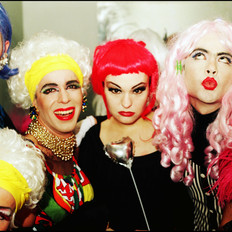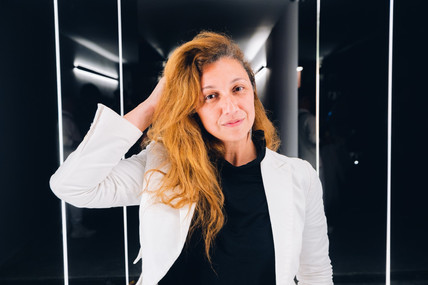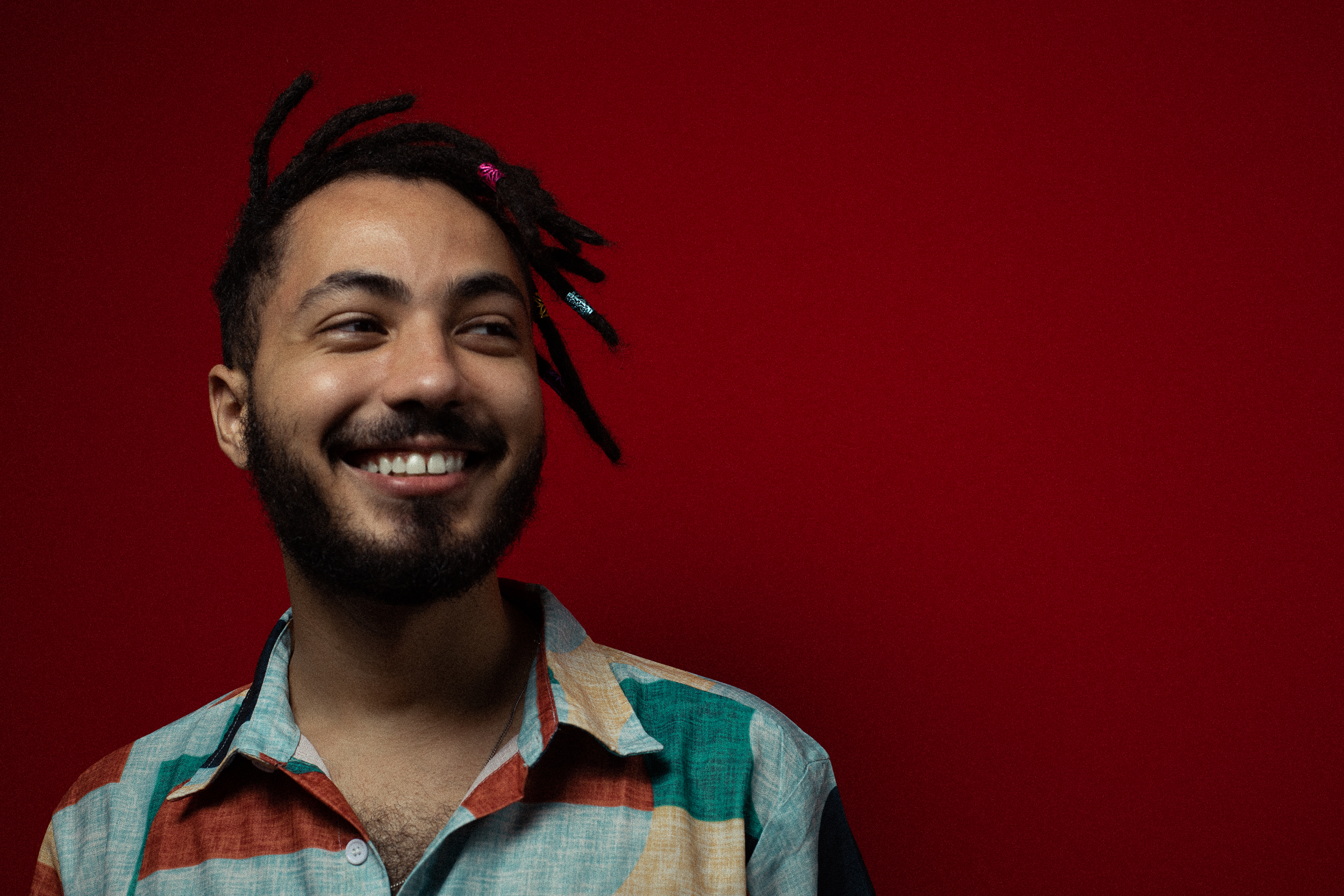
Conversa Aberta
Strong drool! In partnership with journalist Erika Palomino, CCVM launches a series of lectures on fashion, music and behavior
05 to 06 September 2023 to 19:30
Launched in 1999, the book Babado Forte, by Erika Palomino, dedicated herself to recounting the youth movements of the 1990s in Rio-São Paulo, under the axes of fashion, music and behavior, in over one hundred interviews — including international icons such as Madonna, RuPaul and Kate Moss.
With 10,000 copies sold, Babado Forte is a reportage book, whose journalistic content and record of a decade (1989-1999) remained intact and became a reference, gaining an audience of people interested in discovering the epicenter of defining phenomena in the years that followed.
STRONG DROOLING CYCLE
On the eve of the 25th anniversary of the book’s launch, the author brought together, in partnership with the CCVM, a research team composed of professionals from different backgrounds and territories to think based on the book Babado Forte, expanding the spectrum of publication to this day and beyond the southeastern axis, including capitals such as São Luís, Belém, Recife, Fortaleza, Salvador and the south of the country.
Based on the music, behavior, and fashion of the 1990s, the BABADO FORTE cycle will bring to the CCVM audience news and transformations in Brazilian youth and in their productions, from the 2000s to the present, sharing investigations on how the revivalism of the 90s reverberates in today’s music, night and fashion.
Credit: Claudia Guimarães
#CCVM #BabadoForte #ErikaPalomino #Comportamento #Moda #Musica #Anos90 #Anos2000
September 5, 7:30pm
70 Years of Night in Brazil, with Claudia Assef
Between the 1920s and 1950s, big bands filled the stages of nightclubs and dance halls around the world with their many musicians and sound that made the public dance during a period that became known as the Swing Era. The music was acoustic, played live, so the dance, although frantic, could not be flashy, lest it overshadow the band’s sound.
Starting in the late 1950s, things began to change with the arrival of so-called mechanical music, led by one-man orchestras, the disc jockeys. In Brazil, 1958 marked the debut of radio technician Osvaldo Pereira, who would become the country’s first DJ, when he occupied dance halls on Sundays, a day off for the big bands, taking with him an assistant, a tube sound equipment, built by himself, an imported record player and a handful of records. The Invisible Let’s Dance Orchestra was born, the name that Osvaldo used to command his dances between 1958 and 1968 at various dances in São Paulo. He is still active today, at 86 years old, and recently performed at the Batekoo festival in São Paulo. In this workshop, journalist, DJ, music researcher and curator Claudia Assef retraces the last 70 years of dance night in Brazil.
Claudia Assef, author of Todo DJ Já Sambou: The History of Disc Jockey in Brazil, is a journalist who has worked for newspapers such as Folha de S.Paulo and O Estado de São Paulo. He was in charge of Galeria Olido, through the Municipal Secretariat of Culture of São Paulo. She founded the Music Non Stop portal, and is the co-founder of WME, the largest women’s music event in Brazil.

September 6 at 7:30pm
A popular history of Brazilian electronic music, with GG Albuquerque
How did electronic music penetrate so deeply into the musical cultures of the Brazilian peripheries? In addition to absorbing foreign influences, peripheral artists transformed electronic equipment and software, creating their own unique musical language. In this conversation, we will discuss approaches to constructing a popular and diverse history of Brazilian electronic music.
GG Albuquerque is a journalist and PhD student in Aesthetics and Cultures of Image and Sound from the Federal University of Pernambuco. He writes for the Volumen Morto news portal and is the co-founder of the podcast Embrazado, both dedicated to the musical cultures of the Brazilian peripheries. He was the curator of the Natura Musical announcement, in 2020, and of the Oi Futuro announcement, in 2021. He wrote and presented a documentary about bregafunk, produced by Spotify, in 2019. He is currently working on a feature film about the funk Mandelão from São Paulo based on the musical universe of DJ K, from Baile do Helipa.
